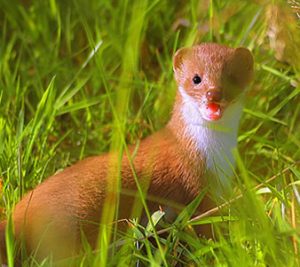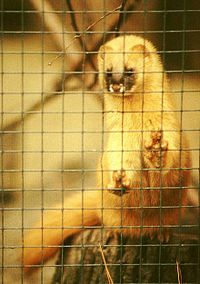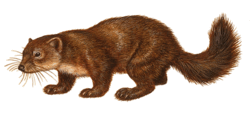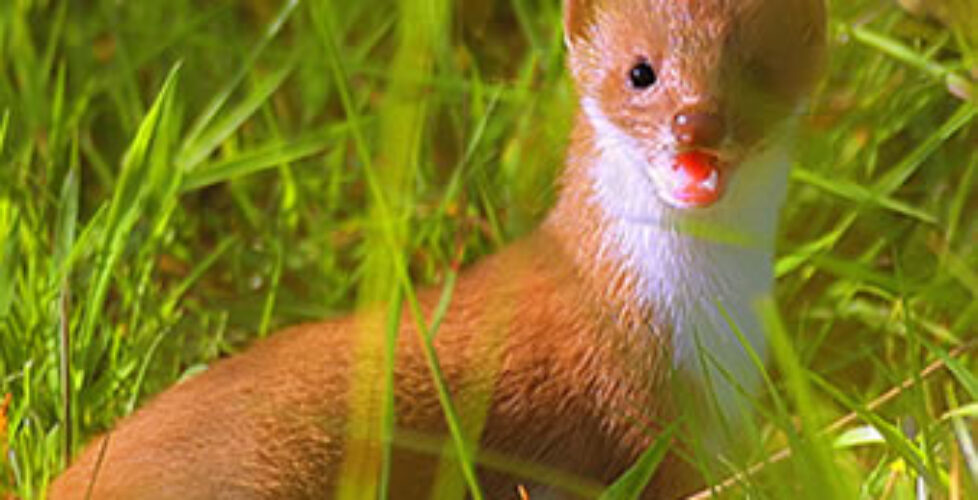HOBBY: Kolinsky-Sable . . . what the heck does it really mean?

Greetings fellow wargamers! Caleb with White Metal Games here!
But before I answer that, let me ask you this . . . how many of you stick your brush in your mouth from time to time? I know I have. Well, I might not be so quick to do so again.
Ostensibly there is no such thing as a Kolisnksy-Sable. Here’s why:
The Kolonok (hence Kolinsky) is a Siberian weasel native to parts of Asia, highly prized for its fur, in particular by . . . you guessed it . . . the paint brush industry. And before you worry, the kolononk is not currently at risk for extinction.

Kolinsky brushes are packaged as ‘Kolinsky Red Sable’ or just ‘Kolinsky’ while the name ‘Red Sable’, ‘Fine Sable’ or ‘Sable’ is reserved for non-Kolinsky brushes made from the hair of other animals in the weasel family.
Kolinsky-Sable Brushes in fact contain no sable hair at all. The finest K-S brushes contain all male kolonsk fur, but many K-S brushes contain as much as 40% female fur. The hair used is primarily from the tail of the kolonosk, which is the bushiest and most responsive; because of its strength, spring, and ability to retain shape (“snap”), it is considered the finest fiber for brushes in the world. If properly cared for, it will last for many years.
Kolinsky bristles tend to be pale red in colour with darker tips. The weasel is not an animal that is raised well in captivity, and is generally isolated to the geographical region of Siberia. Due to this difficulty in harvesting the hair, and the fact that other natural and artificial bristles are not comparable in quality, these bristles are extremely valuable and consequently expensive.
But how do they perform? Well, for that you’re just going to have to try them out yourself. Spend a few extra bucks and pick up a K-S brush and then you’ll really be able to . . . you guessed it . . .
PUT YOUR MINIS WHERE YOUR MOUTH IS!!!
Caleb
White Metal Games
Psst . . if you found this article useful, give us a like on facebook, or at the very least, check out our latest happenings on youtube. Or give us a listen on Warcouncil if you have the time!


December 2, 2013 @ 7:01 pm
very interesting article